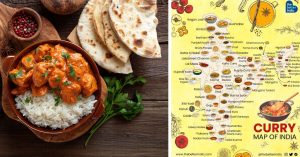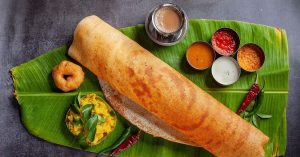Move Over Kombucha, Kanji is Here: Why This Winter Speciality Is Great For Your Gut
Kanji, a fermented carrot drink is especially popular in northern India. Packed with a host of health benefits, here’s why you need to try this homegrown probiotic drink.
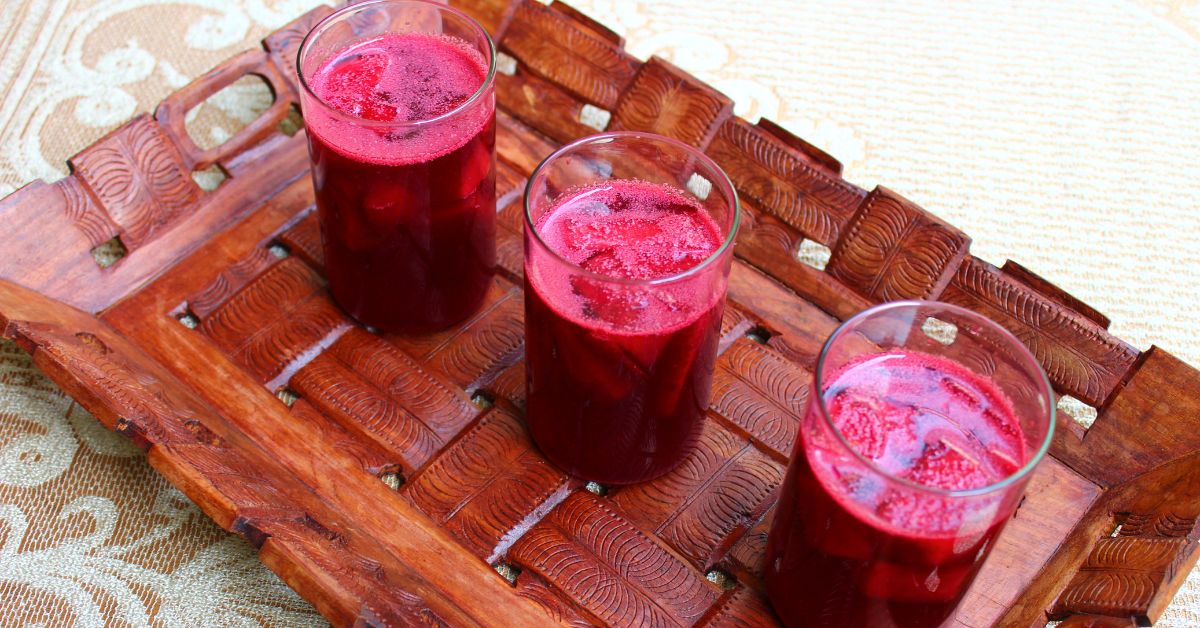
Growing up in Andhra Pradesh, Sandeep Chiyedu’s day started with drinking kanji (ganji in Telugu). His family would utilise leftover rice from the day and soak it in water overnight. To make this fermented rice water delectable, they would add buttermilk and salt and top it with a handful of onions and green chillies. They would consume the beverage first thing in the morning.
However, the tradition broke off as Sandeep moved to other parts of the country as part of his work in rural development. It was only during his brief visit to the tribal areas of Madhya Pradesh that he recollected the memories of kanji that brought back old memories.
“While drinking fermented mahua was a common phenomenon here, I found that tribal people also drink the kanji beverage. Unlike kanji that we drank at home only during summer, here it was considered a winter beverage,” says Sandeep, who works with the non-profit Watershed Support Services and Activities Network (WASSAN).
“It is prepared using black carrots and beetroot. People drink it to aid digestion, cure bloating, and gastrointestinal problems. I was curious to taste it,” he adds.
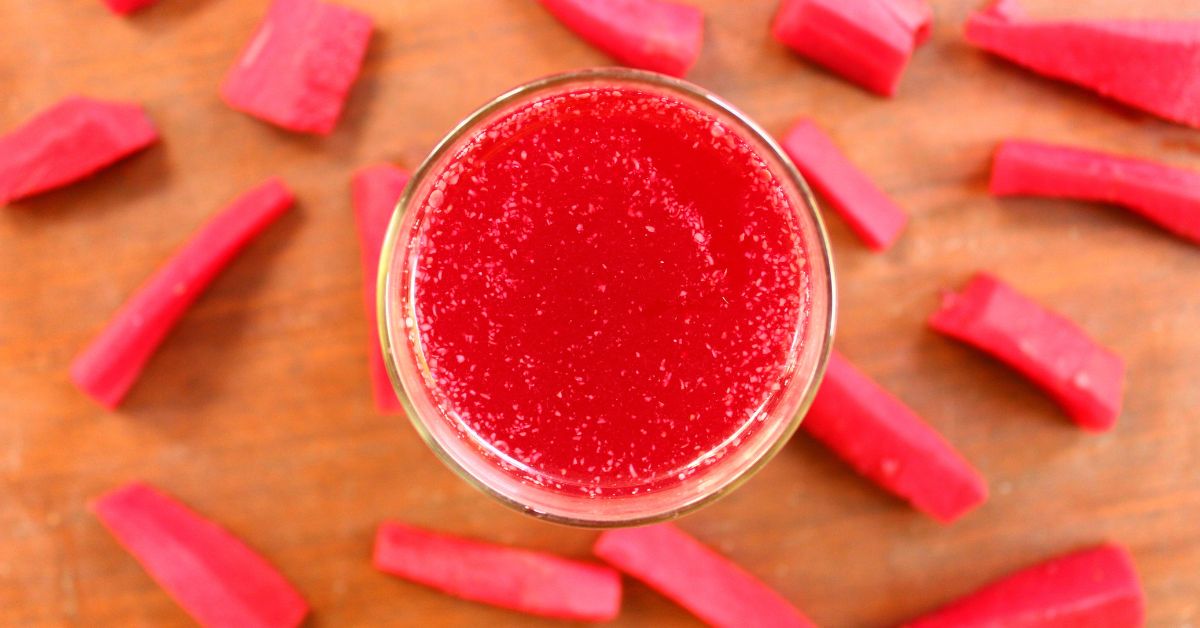
Sandeep was so fascinated by the drink that he learnt the recipe and kanji became one of his favourite beverages. “I would drink kanji as my everyday tea. Now that winter has arrived, it will be a part of my daily routine,” the Delhi resident tells The Better India.
From ‘Karat’ – a goldmine of nutrients
When the outside temperature dips, North Indians know it is time to prepare kanji. Considered one of the simplest joys of winter, this concoction is made with earthy black carrots, mustard seeds, water, and black salt in huge ceramic barnee (containers). The mixture is left to ferment in the sunlight for a couple of days before being strained and served.
Antioxidant-rich black carrots impart a rich reddish hue to the drink that mildly tastes sweet and sour. Drinking this one of the popular north Indian winter beverages is an annual ritual in most households.
Fermented beverages like kanji and food items like dosa have been a significant part of traditional Indian cuisine. However, over the past few years, kanji has been losing its popularity with the arrival of fermented drinks like Kombucha which has become a beverage of choice for many in northern India. Today, one can find Kombucha at a grocery store in any Indian metropolitan city or on cafe menus.
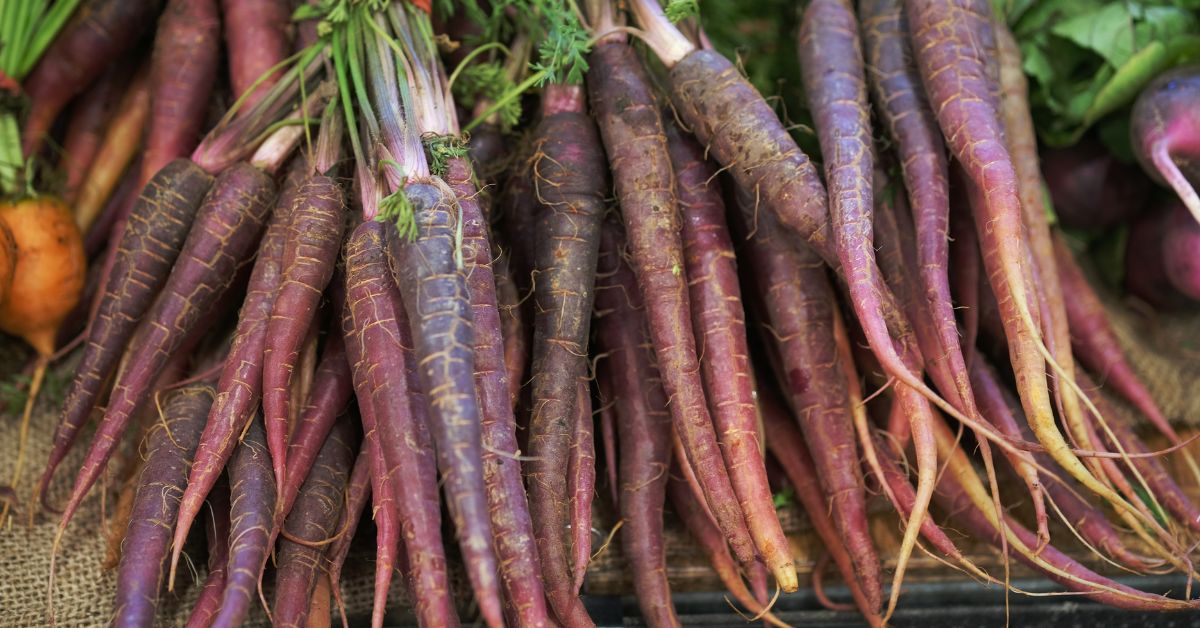
It is believed that Kombucha was first recorded in China around 221 BC during the Tsin Dynasty. A Korean physician Dr Kombu is said to have brought the fermented tea to Japan in 414 AD. Subsequently, the drink gained popularity far and wide.
Interestingly, numerous studies have been conducted to back the health benefits of staple kanji beverage to catapult it to prominence.
Besides stimulating one’s appetite, this probiotic-rich drink is considered excellent for gut health and in digesting even the heaviest ghee-laden laddoos that are consumed to ward off winter illnesses.
Studies have characterised the kanji beverage as a potential plant-based probiotic with high antioxidant activity. A 2023 study titled Assessment of safety criteria, probiotic potential and other health attributes of lactic acid bacteria islolated from Kanji reveals that this winter brew possesses health attributes like cholesterol and oxalate degradation, antioxidation potential, and the ability to utilise prebiotic inulin.

Moreover, a 2021 study titled Physicochemical and microbiological evaluation of antioxidant-rich traditional black carrot beverage: Kanji mentions that anthocyanin-rich black carrots – cultivated mainly in Northern India – are the focus due to their high anthocyanin content and extraordinary quality parameters. This makes the kanji beverage diuretic, digestive tract soothing, hepatoprotective, and uterine stimulating potential.
The 2021 study also reveals that kanji shows its potential as probiotics, acid-bile salt tolerance, and antimicrobial activity against food-borne pathogens. Kanji also holds a promising alternative for dairy-based probiotics.
Let’s make kanji
Here are the ingredients required to prepare black carrot kanji:
Black carrots: 4 large
Coarsely powdered mustard seeds: 4 tablespoons
Salt: 3 tablespoons
Coarse red chilli powder: 1.5 tablespoons
Method
Step 1: First, scrub black carrots and wash them under running water. Peel (optional) and cut carrots into batons. Then, take eighteen cups of water in a large jar or a matka (clay pot) with a capacity to hold four litres of water.
Step 2: Add black carrots, mustard powder, salt and red chilli powder in water and mix. Cover the pot with a muslin cloth and tie it up around the rim of the jar.
Step 3: Let the jar stand in the sunlight for three to four days. When the mixture gets ready, keep it in the fridge to cool. Pour into tall glasses with some pieces of carrot. The beverage is served chilled.
Source:
Assessment of safety criteria, probiotic potential and other health attributes of lactic acid bacteria islolated from Kanji: Published by Amit Madhusudan Sagvekar and Meghana Gore in Journal of Applied Biological Sciences on 31 May 2023.
Physicochemical and microbiological evaluation of antioxidant-rich traditional black carrot beverage: Kanji: Published by Chetna Sharma, Param Pal Sahota, and Sarabjit Kaur in PubMed Central on 10 August 2021.
How to make Black Carrot Kanji: Published by Sanjeev Kapoor Recipes.
How Kombucha tea is becoming a beverage of choice for many in Delhi-NCR: Published by Dyuti Roy in The Indian Express on 21 November 2021.
Edited by Padmashree Pande.
If you found our stories insightful, informative, or even just enjoyable, we invite you to consider making a voluntary payment to support the work we do at The Better India. Your contribution helps us continue producing quality content that educates, inspires, and drives positive change. Choose one of the payment options below for your contribution- By paying for the stories you value, you directly contribute to sustaining our efforts focused on making a difference in the world. Together, let’s ensure that impactful stories continue to be told and shared, enriching lives and communities alike. Thank you for your support. Here are some frequently asked questions you might find helpful to know why you are contributing?

This story made me
- 97
- 121
- 89
- 167




